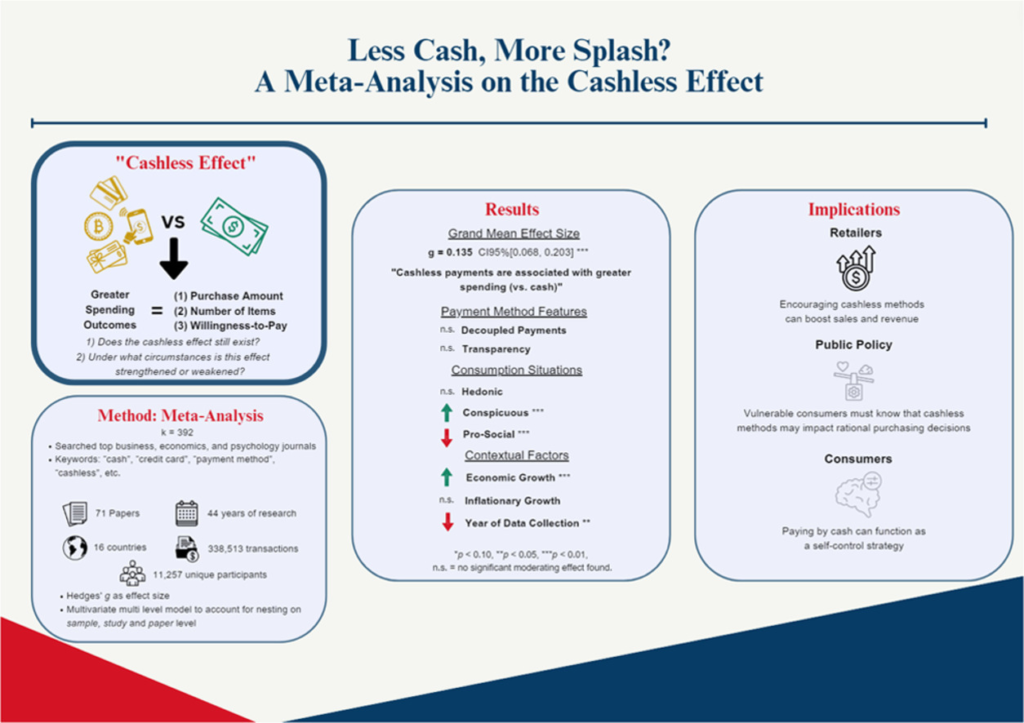The Wellness column in The New York Times is a perennial favourite, for the way they cover mental and physical health topics in a range of styles: from narrative-driven stories to hard scientific articles, but always with expert input and guidance.
For quick and easy-to-digest nuggets of wisdom, articles like this really sate my desire for a quick refresher on a range of topics (click through for more context on each item):
[NYT Well] reporters went back to leading specialists they’ve interviewed over the years and asked them: What is the one health tip you learned in your work that you swear by? These 35 tricks, life hacks, rules and reminders span nutrition, sleep, mental health, fitness, sex, productivity and more.
- If you’re stuck in a pattern of negative thinking, try not to complain for seven days. It retrains your brain to stop going down a negative path.
- Dark-chocolate-covered nuts (at least 70 percent cocoa) are “almost a perfect food”, being high in phenolics, minerals, healthy fats, and fibre.
- Keep magazines, phones and any other reading paraphernalia out of the bathroom. It puts you at higher risk of haemorrhoids.
- If something feels too hard to do, it just means that the first step isn’t small enough.
- Go to bed when sleepy instead of at a set time. This means bedtimes may vary slightly every night, but you’ll fall asleep quickly.
- Do small daily actions that keep you connected with other people. You’ll be happier, live longer, and stay healthier. Texting counts.
- The simple act of giving yourself a 2-5 minute break between tasks will make you feel less “time-famished”.
- The cheapest brewed coffee with the lowest number of additives helps the brain, liver and microbiota.
- We should not make our phones the bookend to our sleep: it’s terrible for our sleep quality.
- Make a commitment to schedule all your annual health check-ups.
- Use the 10-10-10 rule (especially when feeling mentally ‘foggy’): a 10-second break every 10 minutes to stare at something 10 feet away. It reduces eye strain, can help boost focus, and refreshes cognitive clarity.
- Look for opportunities for bite-size “movement snacks”: a range of different movement types, throughout your day.
- Minimise your intake of ultra-processed foods.
- If you wake up in the middle of the night, don’t get up (unless you really have to). Instead, lie on your back and do 10 rounds of 4-7-8 breathing (inhaling for 4 seconds, holding for 7, exhale for 8). Then count backward from 300 by threes. It slows your heart rate and keeps your mind from racing.
- Curiosity is a “superpower” to overcome panic, by questioning where the symptoms come from instead.
- Protect your hearing: exposures add up over time (blenders, concerts, etc.).
- If you’re otherwise healthy, you do not need multivitamins or other supplements.
- Team rituals (such as how to start or end meetings, regular weekly lunches or drinks after work) help members find more meaning in their work and become more connected.
- Do not rinse your mouth after brushing your teeth. It increases fluoride exposure.
- To help yourself disconnect from work, create and say a secret, quirky phrase at the end of the day. Remind yourself that you said it, when the urge comes back.
- If you hit a creative block, spend 5 minutes coming up with the worst ideas possible. It helps you focus on the abstract, and gets the creative juices flowing.
- Focus on the “erotic thread” of your relationship: the erotic and connecting moments between sexual events (a peek, a poke, a squeeze, a text, an embrace, etc.).
- Regular alcohol abstinence breaks (e.g. Dry January) can help reduce long-term consumption habits.
- Use the three-second “Stop, Breathe, Be” approach to help manage anxiety. Stop what you’re doing, take a big breath, and momentarily ground yourself in the present.
- Drink more water and consume some extra vitamins by making fancy ice cubes: lemon or lime juice, with chopped berries, pineapple, or herbs inside.
- When you have “too many mental tabs open”, the concept of “soft fascination” can help. That is: engaging in simple, low-mental-effort activities (e.g. washing dishes, folding laundry, gardening), giving the mind freedom to wander, to make connections, and find spontaneous solutions .
- Find a simple, practical way to relax in the evening, to help you fall asleep. It can be as simple as connecting with your partner by watching TV (which, given that that the effect of light diminishes with distance, may not be as bad as we think).
- When faced with a difficult decision, use the “deathbed test”. Ask yourself: “On my deathbed, will I be mad I did it? Will I be sad I didn’t do it? Will it even matter?”
- Don’t obsess over protein. Eat legumes and a variety of plant foods every day. You’ll still get enough protein, plus fibre (which doesn’t come with animal foods), minus saturated fats.
- Find a quick restorative activity between high-mental-load activities. It can be as simple as listening to a favourite song.
- Short bursts of intense exercise are physically and metabolically valuable. Do them a couple of times per week.
- A couple of times a day, consciously drop your shoulders, sigh, and think to yourself: “Let go”.
- If you want “much better, more explorative, more joyful and pleasurable sex”, then talk about it. Have “detail-oriented, comprehensive and ongoing conversations about sex”: what you like, when you want it, when you don’t, what works, what doesn’t.
- Make diaphragmatic breathing a routine (e.g. 10 minutes before bed) to stimulate vagus nerve activity and potentially reduce gastrointestinal symptoms. Use your diaphragm to take deep, controlled breaths, expanding your belly, followed by a slow exhale that lets your belly fall.
- The best way to avoid infections in your life? Wash your hands with soap and water. 20 seconds is optimal.


